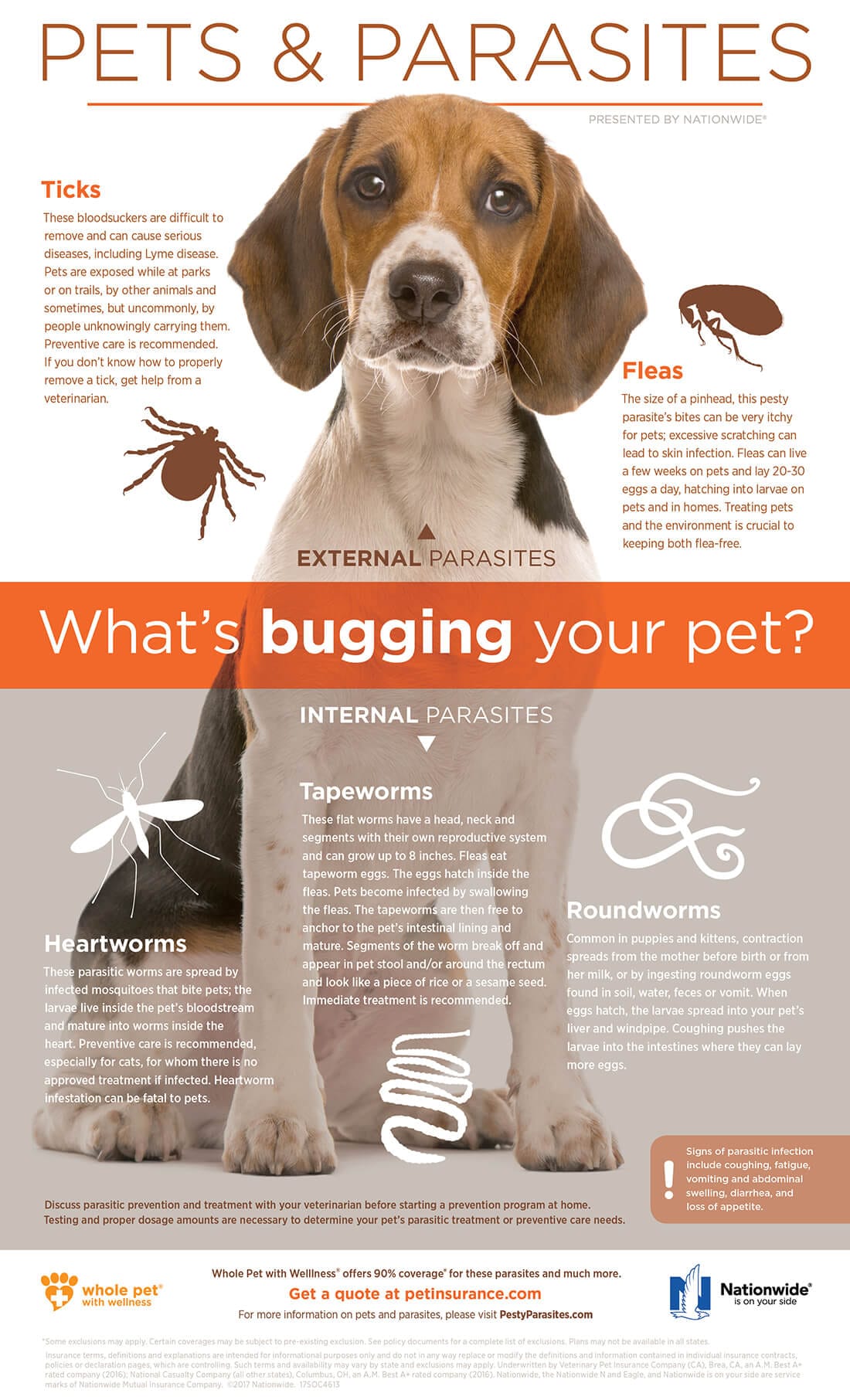The bond between humans and their canine companions is incredibly strong, often leading pet owners to consider their dogs as integral members of the family. This deep connection involves shared affection, living spaces, and, unfortunately, the potential for an unintended exchange of parasites. A common and valid concern among pet owners is: “Can humans get worms from dogs?” This question highlights the importance of understanding how these parasites spread and what measures can be taken to protect both pets and their owners. At Boulder Veterinary Hospital, we are dedicated to equipping pet owners with the knowledge necessary to safeguard the health of their families and their beloved animals.
Understanding Worm Transmission
Parasites, including various types of worms, can transfer from animals to humans through several pathways. Grasping these transmission mechanisms is the foundational step toward effective prevention.
Direct Contact with Contaminated Feces or Soil
A primary route for humans to contract worms from dogs involves direct contact with contaminated soil or feces. When a dog harbors worms, their eggs or larvae are often present in their stool. If a person, particularly a child, interacts with this contaminated environment and subsequently touches their mouth or consumes food, the transmission of infection can occur.
Ingestion of Contaminated Food or Water
Worm eggs can contaminate water sources or food that has come into contact with infected soil or feces. The consumption of such tainted food or water can lead to the development of worm infections in humans.
Common Worms Transmissible from Dogs to Humans
Several types of worms can be passed from dogs to humans, each presenting its own set of potential symptoms and health implications. Familiarity with these prevalent parasites is vital for both prevention and early detection.
- Roundworms: Among the most frequent worms dogs transmit to humans, roundworms can cause visceral larva migrans. In this condition, the larvae travel through the human body, potentially causing damage to organs and leading to significant health problems.
- Hookworms: Hookworms represent another parasitic threat that dogs can pass to humans, resulting in cutaneous larva migrans. This condition is identified by itchy, red tracks on the skin as the larvae migrate.
- Tapeworms: While less common, humans can contract certain types of tapeworms from dogs, typically through the accidental ingestion of a flea that carries the tapeworm larvae.
Prevention Strategies for Pet Owners
Protecting your family and pets from worm transmission requires a multifaceted approach encompassing personal hygiene, diligent pet care, and effective environmental management. Implementing these actionable tips can substantially decrease the risk of worm transmission.
Consistent Veterinary Care and Deworming
It is essential to ensure your dog receives regular veterinary check-ups and adheres to a consistent deworming schedule. Boulder Veterinary Hospital provides comprehensive examinations and can offer tailored advice on the most effective deworming regimen for your dog.
Adherence to Personal Hygiene Practices
Washing your hands regularly is paramount, especially after interacting with your dog, handling their waste, or engaging in gardening activities. Encouraging children to adopt these same hygiene habits can significantly mitigate the risk of worm transmission.
Maintaining Environmental Cleanliness
Prompt disposal of pet waste and consistent upkeep of a clean living environment for both pets and family members are crucial. This practice helps to minimize the potential for worm eggs to contaminate your home and yard.
When to Seek Professional Veterinary Assistance
If you suspect your dog may have a worm infestation, it is imperative to seek professional veterinary care without delay. Indicators of worm infestation in dogs can include the presence of visible worms in feces, unexplained weight loss, a distended abdomen, lethargy, and noticeable changes in appetite. Boulder Veterinary Hospital is equipped to provide expert care and guidance on both the prevention and treatment of worm infestations in your pets. Safeguarding your family’s health begins with ensuring the well-being of your pets. For any concerns or to schedule an appointment, please call us at (303) 442-6262 or book online.

